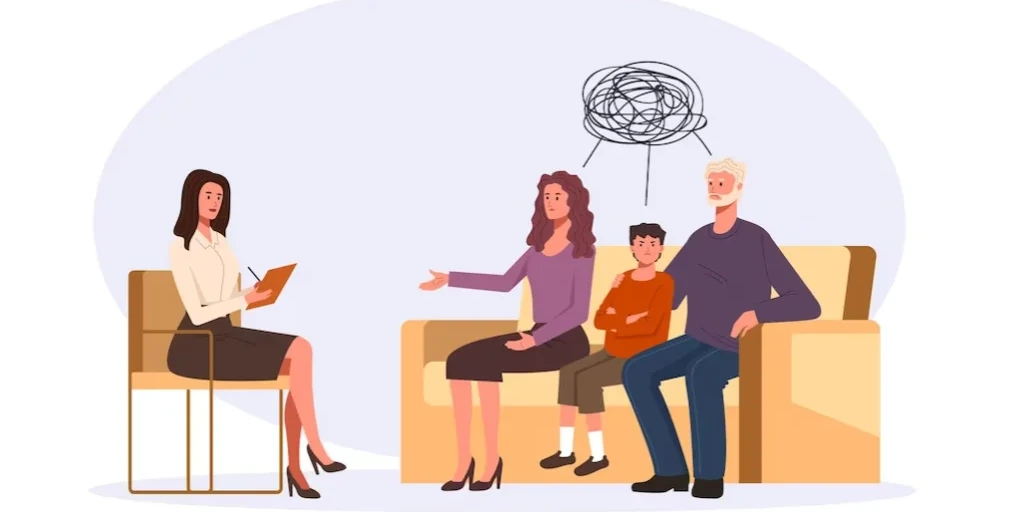24/7 Helpline:
(866) 899-221924/7 Helpline:
(866) 899-2219
Learn more about PTSD Treatment centers in Star

Other Insurance Options

Magellan

Optima

Premera

Self-pay options

Multiplan

American Behavioral

United Health Care

UnitedHealth Group

Highmark

Group Health Incorporated

Lucent

Anthem

Sutter

UMR

Aetna

Oxford

Absolute Total Care

Horizon Healthcare Service

Amerigroup

Health Net























